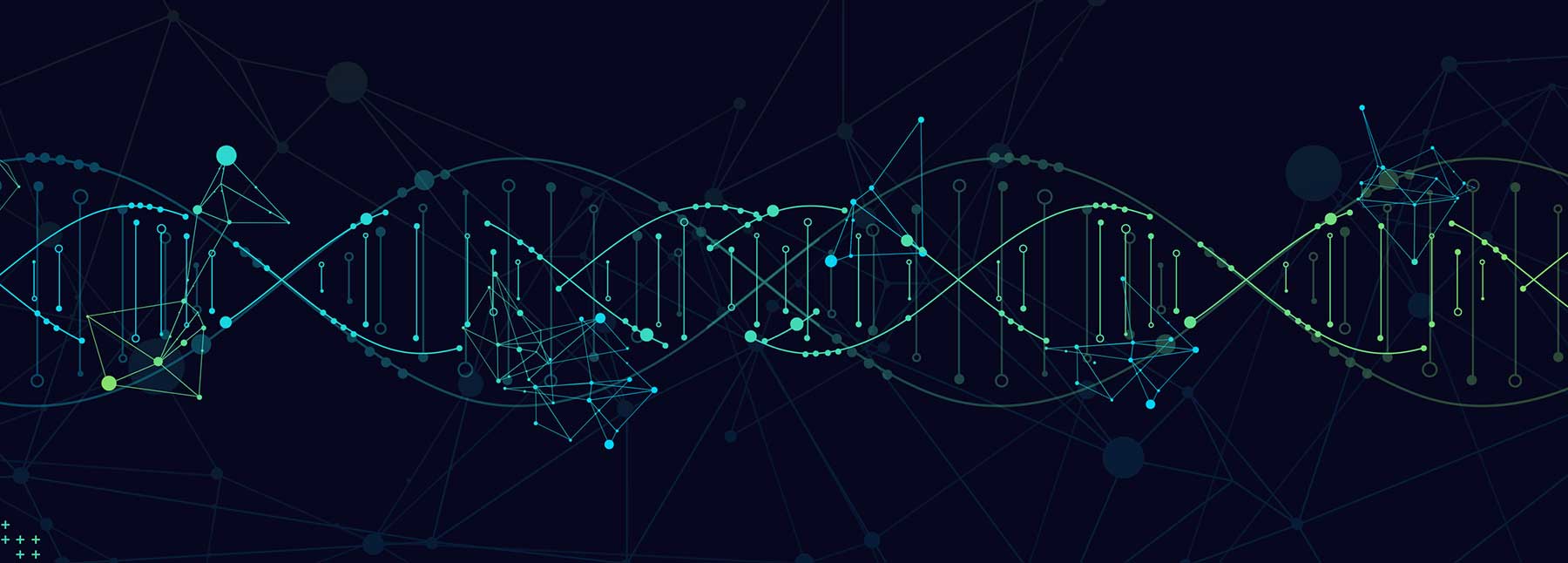There are now more than 75,000 genetic tests on the market – from wellness to specific disease diagnosis – with new ones being introduced every day.
Unlike a simple blood test, a genetic test analyses the composition and functioning of a single gene, and identifies any susceptibility to a specific disease at some point in an individual’s life.
Meanwhile, genomics analyses all of the genes in a human body and how they interact with each other to assess the combined influence that they may have on how an individual’s health may develop. This allows for much more precise diagnosis, targeted treatments, disease prediction and prevention.
Not only do people feel empowered, but healthcare professionals are also provided with crucial data that enables them to provide more targeted and personalised strategies for patients.
Genetic sequencing initially started as a means to detect genetic aberrations that would result in a hereditary condition. Then, it developed further to detect damage in specific genes that could cause cancer. That insight paved the way for the development of so-called “targeted drugs” that can enlist the patient’s own immune system to recognize and attack cancer cells. The challenge is to identify with precision which patients would benefit from these high cost drugs and which would not.
And as genome sequencing becomes more widely adopted – and the data from around the world more complete, detailed and accurate – the technique will be as useful for ordinary patients as it will be for those who require genetic testing for more specific conditions.
At Allianz Care, we constantly endeavour to align ourselves with cutting edge medical trends so that we can reflect the changing nature of healthcare with our products and benefits packages. For instance, coverage of genetic analysis before cancer treatment is routine if a direct family history of a hereditary condition or pre-disposition is suspected. It means that, for instance, where the specific benefit applies, some of our customers have undergone preventative procedures – such as mastectomies – after the discovery and analysis of rogue genes.
A number of large-population based projects are already looking at the potential of genomic data for new diagnostic possibilities, treatments and healthcare strategies. In the UK a national programme has been launched to sequence up to 100,000 genomes from patients and to combine this with clinical data from the UK’s National Health Service. Similar schemes are being launched in countries such as China, the US and India.
Together with falling costs, big data technologies, advancing computing power and analytical capabilities are providing the catalysts for a genomics data revolution.
It is a field that is beginning to deliver on its vast medical promise, ushering in a new era of precision healthcare, in which treatments, prevention strategies and health advice will reach the right person at the right time. Shifting the emphasis onto prevention rather than late treatment, from crisis response to health management.
This article first appeared in Health Insurance & Protection.

















